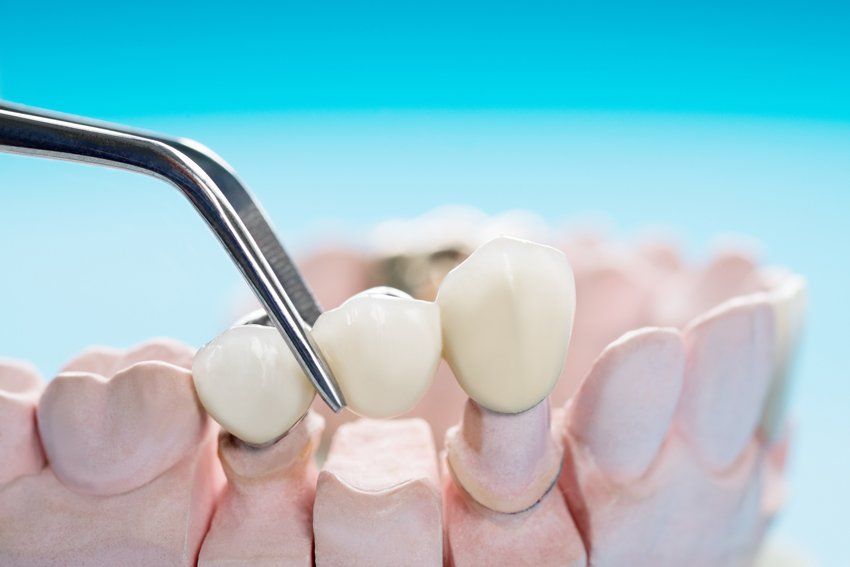Temporomandibular Disorders Occur in Kids and Adolescents
July 20, 2018

The temporomandibular joints (TMJ) that connect the lower jawbone to the skull are what allow the jaw to move up and down and from side to side. If anything goes wrong with these joints, it can be hard to bite, chew, swallow, and talk. Although children of all ages can suffer TMJ disorders, teen girls
are the ones most often affected.
Since the temporomandibular joint, as well as the muscles and tendons surrounding it, continue to develop throughout the childhood and teen years, symptoms of TMJ can worsen as your child grows. Consequently, your child will need prompt treatment before more serious damage occurs.
TMJ Symptoms Your Child May Suffer
Although temporomandibular disorders (TMD) aren't as common among children as they are among adults, kids suffer the same symptoms. Yet it isn't always easy for a dentist to diagnose TMD since many of the symptoms mimic those of other health conditions — like chronic sinusitis and seasonal allergies — that children frequently suffer.
When the temporomandibular joints don't move the way they're supposed to, your child can experience jaw pain, facial pain, earaches, sensitive teeth, and jaws that pop, click, or lock in the open or shut position. The symptoms of temporomandibular disorder may lead to other problems, such as poor diet and difficulty sleeping, both of which can negatively impact your child's overall health.
Because stiffness and/or pain in the jaw muscles can make chewing difficult, your child may not get enough nutrients, especially if he or she avoids eating certain foods. Pain can also keep your child awake at night, making him or her more tired and even more sensitive to pain.
Factors That Contribute to Temporomandibular Disorder
A number of different factors can cause TMJ pain in children. Facial trauma, injury to the jaw, stress, and misaligned teeth are primary culprits. However, habits like teeth grinding, jaw clenching, and gum or fingernail chewing can cause TMJ symptoms because the constant biting puts force on the joint.
A healthy temporomandibular joint slides to prevent too much wear and tear in one area of the joint space. But if your child has a habit of grinding or clenching his or her teeth, the action can irritate the cartilage lining the joint.
Chewing gum is another habit that can cause TMJ pain, especially if your child tends to chew gum on only one side. This puts pressure and too much wear on the joint on that side of the mouth.
As a response to anxiety and stress, a child may tighten and clench his or her jaw or grind his or her teeth while sleeping or when awake. Continuation of this habit over time can change the alignment of the teeth and lead to bite problems. Jaw clenching and teeth grinding can also move a disc in the joint out of place.
Treatments Your Child's Dentist May Recommend
Depending on the severity of symptoms, your child's dentist may prescribe medication to relax stiff jaw muscles and relieve pain. If your child has a misaligned bite, he or she may need braces to reposition and align the teeth.When jaw clenching or teeth grinding is a problem, wearing a dental splint at night can help prevent premature wear on the teeth.
For a more mild case of TMD, resting the jaw for a few days may be all that's needed to improve symptoms. To relieve pain, apply an ice pack or moist heat pack to the side of your child's face that hurts. Ibuprofen and acetaminophen also help reduce mild TMJ pain and inflammation.
If your child complains of pain when chewing, swallowing, or talking, contact P.A. Daniel Jr., D.D.S.
, to have him or her evaluated for a temporomandibular disorder. Early diagnosis and treatment help prevent more damage to the temporomandibular joints and teeth.












